Can Rabbits Eat Bananas? Learn 7 Awesome Facts!
Can rabbits eat bananas? The answer is in the affirmative. But then, when we say yes, it’s not necessarily good for them. What I mean is that there are some limitations, which you will find out later on.
Rabbits are already adorable as they are. Watching them feed on the fruits and vegetables you give them, and they’re cuter than they already were.
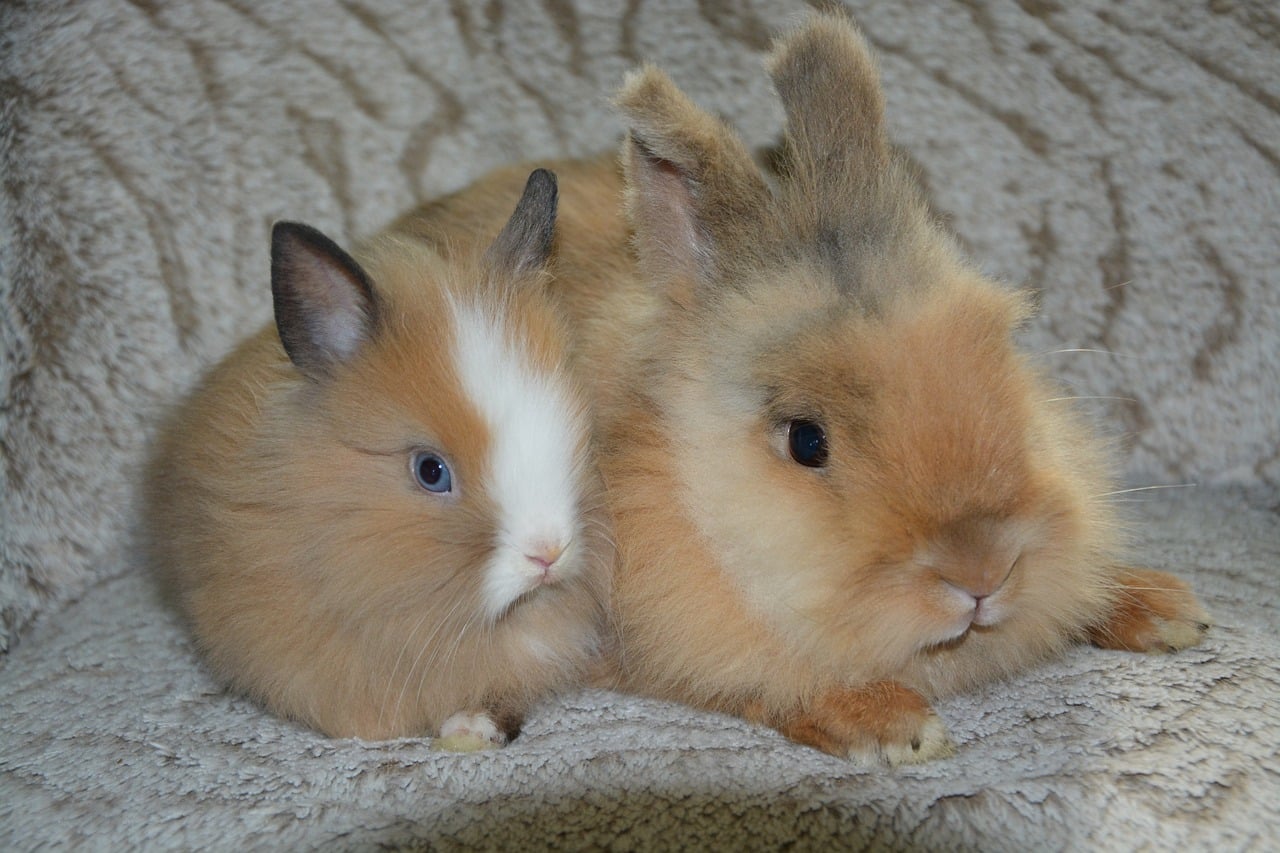
The question is:
Out of all the fruits and vegetables, what can and can’t they eat?
As a pet owner, I know you’re also concerned whether your pet enjoys a particular food, but more importantly, if it’s good for it. That’s what I always think of whenever I feed Thumper a certain food.
Here’s the good thing about these fruits:
Bananas are known to be sweet; there’s no doubt why many enjoy these fruits in their different varieties.
So, rabbits, being herbivores, should be able to eat them, right? Yes, they can!
But, there’s a catch.
In this article, we’ll be breaking down the benefits and risks of feeding your rabbits bananas. Before we get to that, we first need to know what bananas are.
What Are Bananas?
Bananas are classified as berries, a subcategory in the classification of fruits.
They grow from giant herbs, and not trees, and are closely related to lilies and orchids.
Of course, this doesn’t devalue its nutritional contents, but it’s a good fact to know.
Bananas are soft, elongated fruits that usually grows in hot, tropical climates. They are a good source of vitamin C, manganese, and potassium.
For rabbits, these nutritional contents have different effects on them, and here’s why:
Why Should I Feed Rabbits Bananas?
You’re wondering: can rabbits eat bananas?
For most rabbits, bananas are delicious. And rabbits can eat bananas just like my Thumper does. It’s all good to see your pets enjoy their meals, but health benefits must be well considered.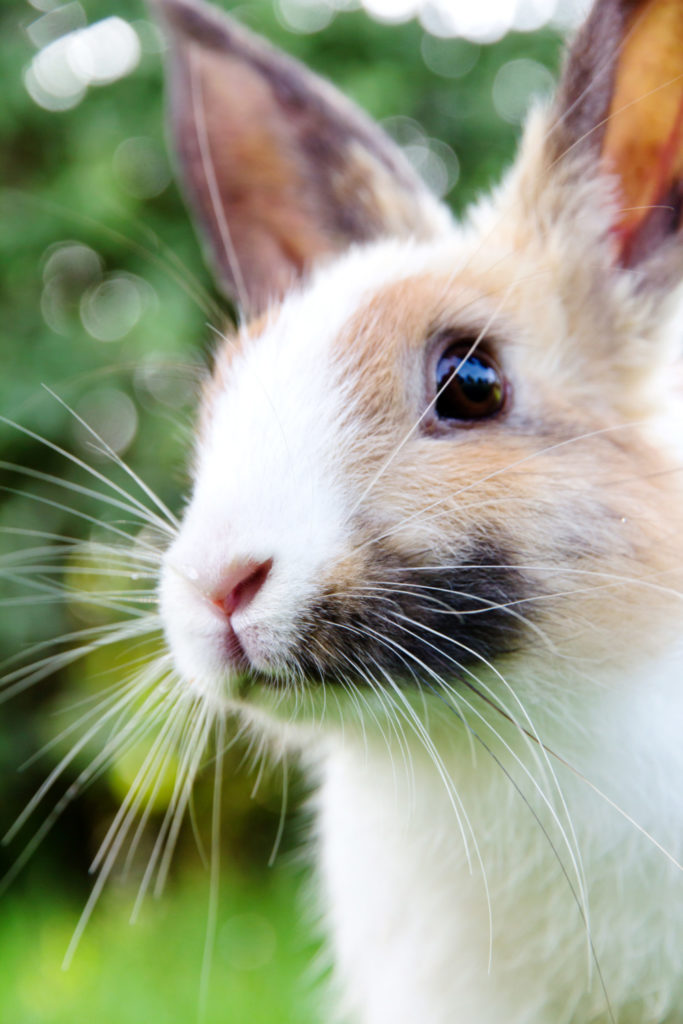
Bananas have many health benefits, and as mentioned, they’re a good source of vitamin C. Many other nutrients are present in a piece of banana, and we’ve listed down what good they can give.
-
Better immunity
Vitamin C is known to help build better protection against possible threats to their health by strengthening the immune system and promoting stability in the blood pressure.
-
Rich in potassium
Potassium is necessary for making bones stronger because it makes the absorption of calcium possible.
-
Good for digestion
Do rabbits eat bananas? Bananas are a good source of fiber, this allows your pets to avoid having stomach problems because of indigestion. Making absorption of minerals better, and your rabbit healthier.
-
Has natural prebiotic
This helps keep the intestinal flora regulated, make a healthier digestive system.
-
Good source of vitamins
Vitamin B6, which promotes heart health and acts as an anti-inflammatory is present, as well as A, E, and K – all of which contribute to promoting healthier overall welfare.
-
Low in cholesterol
This means that you won’t worry about it being a risk to your rabbits’ cardiovascular health.
Just like any diet, it’s essential to always keep the consumption of any food in moderation. The same goes for rabbits and bananas. This is especially necessary when you’re feeding them bananas for the first time.
Doing a taste test when feeding them for the first time is meant for you to know if they like it or not. Most rabbits do like bananas, and in fact, it can be addictive.
The same way you can’t have just one bite of ice cream, rabbits can develop an over-indulgence with bananas.
Risks Of Feeding Your Rabbits Bananas
Can rabbits have bananas? Of course. However, there are some limitations when feeding them. This doesn’t mean that bananas are unhealthy though (as you’ve learned, they’re a very healthy source of nutrients).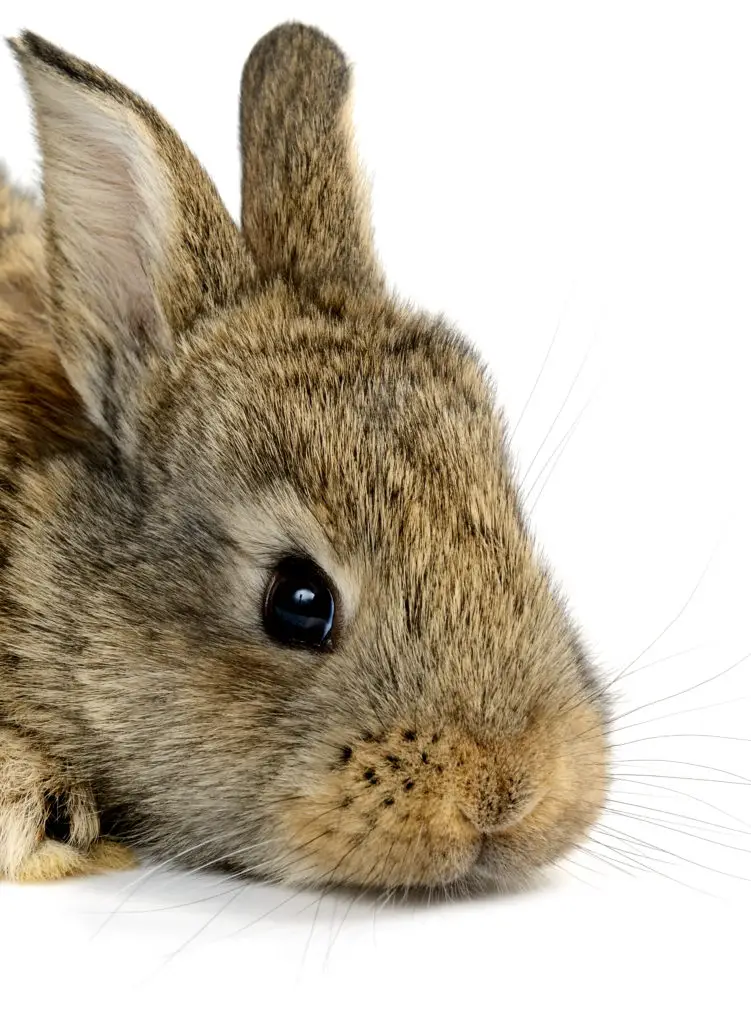
As with many other foods, there are some instances when it can become harmful. Here are the following:
-
High sugar content
Well, it has more sugar than rabbits require, which may lead to obesity that can also be a gateway for other illnesses.
-
High in starch
Although rabbits are very fond of starchy and sugary food, it is essential to limit their intake as too much may lead to stomach problems.
-
Too many bananas aren’t good
Can rabbits eat banana? Yes, rabbits can eat bananas, but not too many. This is because, much like children, if you give them too much, they may lose in other non-sweet foods such as leafy greens or even pellets and hay.
The best way to avoid these problems is to limit the amount of banana that you feed your rabbit.
To make this possible, measure their weight to compare how much banana they can have. For every five pounds of body weight, you may only give them 1-2 tablespoons.
Important Things To Remember When Feeding Them Bananas
Now that you’ve gotten familiar with the pros and cons, here’s the deal:
Take note of the following things when you’re feeding your rabbits bananas:
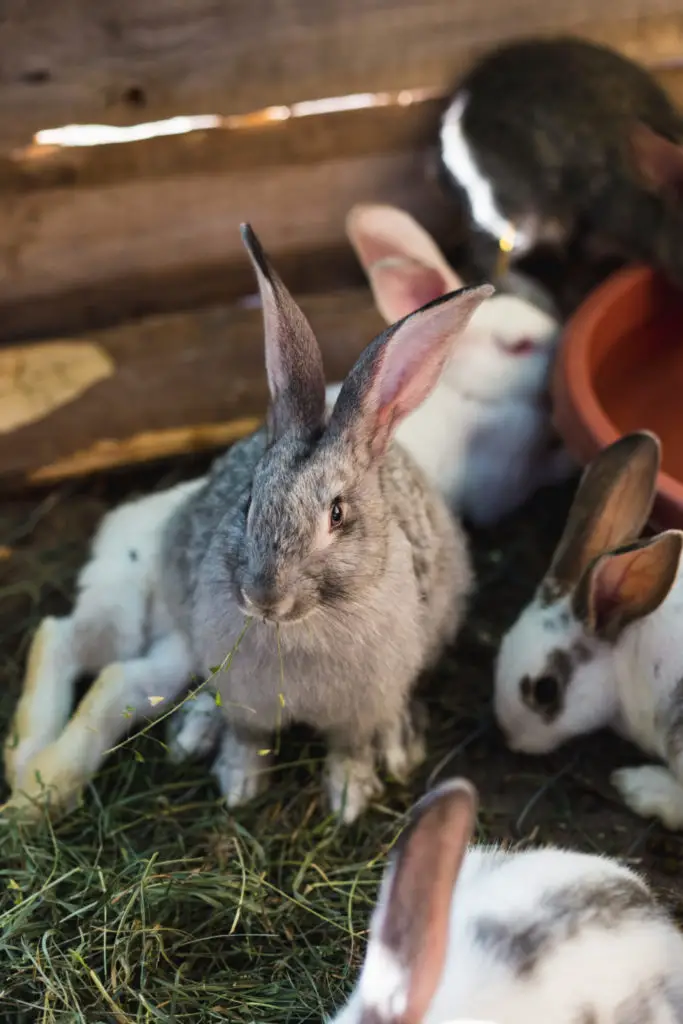
#1. Introduce bananas to rabbits
It would help if you first introduced bananas to rabbits; it can be done by feeding them small amounts, especially when it’s their first time.
Please pay attention to your rabbits’ behavior when you’re providing them new food.
Allergic reaction to bananas is rare, but it’s still possible.
#2. Limit their intake
Bananas can be very addictive, so it is essential to limit how much they can have in a day.
Another question is:
Can rabbits eat bananas and their peels? These are not necessarily harmful to them.
Just like guinea pigs, banana peel can be eaten along with the fruit itself. It won’t cause harm as long as not taken in large amounts. learn here can rabbit eat pistachios
#3. Wash before giving bananas to your pet
Always wash your bananas before feeding them. As mentioned earlier, it is safe to give your pet the skin.
It may be waxy or sprayed with some chemicals (especially if you purchased the bananas from the supermarket); this explains the importance of washing before feeding.
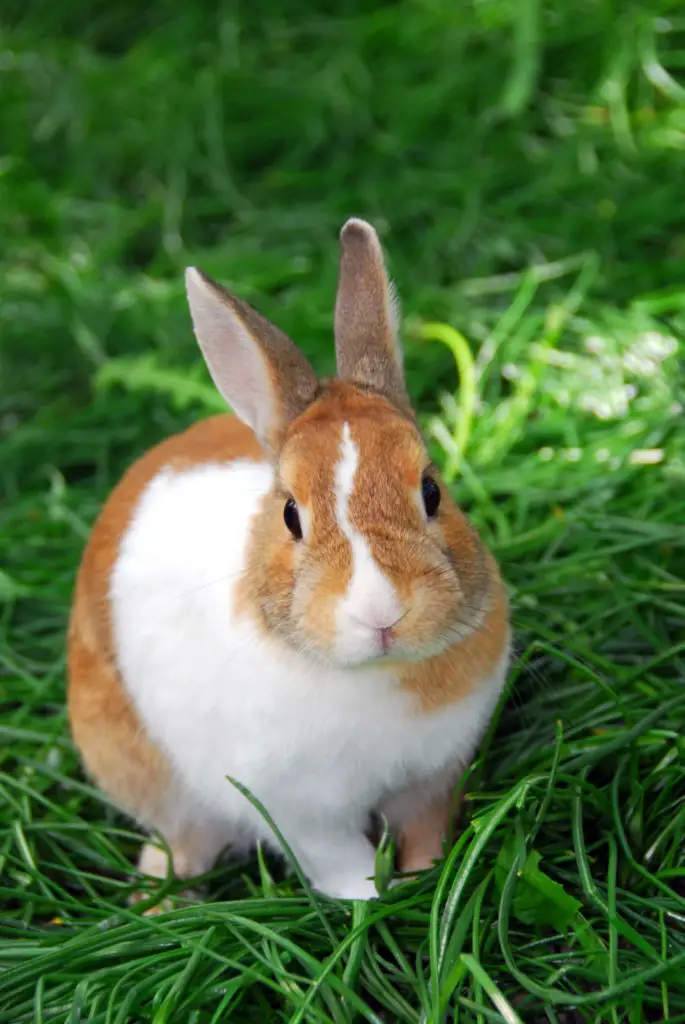
#4. Bananas should serve as a treat
Only give them bananas after they’ve eaten their hay. Remember, these should only serve as a treat.
This is because, despite the banana’s low GI content, they are still high in sugar.
Bananas and other sweets, for that matter, should only take up 10% of your rabbits’ diet.
#5. Give them bananas when they reach the right age
Don’t give bananas, or any fruit, to baby bunnies. You’ll have to wait for them to reach at least four months before you can provide them with any fruit. Please read here how long do Netherland dwarf rabbits live
#6. Don’t feed this to rabbits if they have dental issues
If your rabbits have dental problems, it may be best to avoid giving them sweets in general.
#7. Don’t give overripe bananas
Stay away from overripe bananas. Changes can occur to the fruit and its nutritional value when it becomes too ripe.
Resistant starch is converted to free sugars, which increases the fruit’s sugar content and, as mentioned many times, can be bad for your pet in the long run.
To sum it all up, bananas bring high nutritional value, but they do not cancel out possible risks. Bananas are great fruits, and they’re delightful to both rabbits and humans.
Bananas can be addictive, and if unregulated, may lead to obesity and other problems associated with it. Even so, bananas are a healthy source of nutrients essential for a rabbit’s health and well-being.
Conclusion
Moderation is key to any healthy diet, and this is especially important for your pet.
I know- their life relies on us, and in return, they give us joy and consolation through their adorable existence. Loving them means taking good care of them and feeding them food that is beneficial for their health.
Can rabbits eat bananas? Well, bananas can be fed to rabbits, and along with that, they bring a good number of vitamins and nutrients.
Remember to talk to your vet regarding diet changes, or when you’re adding new food to your pet’s diet.
